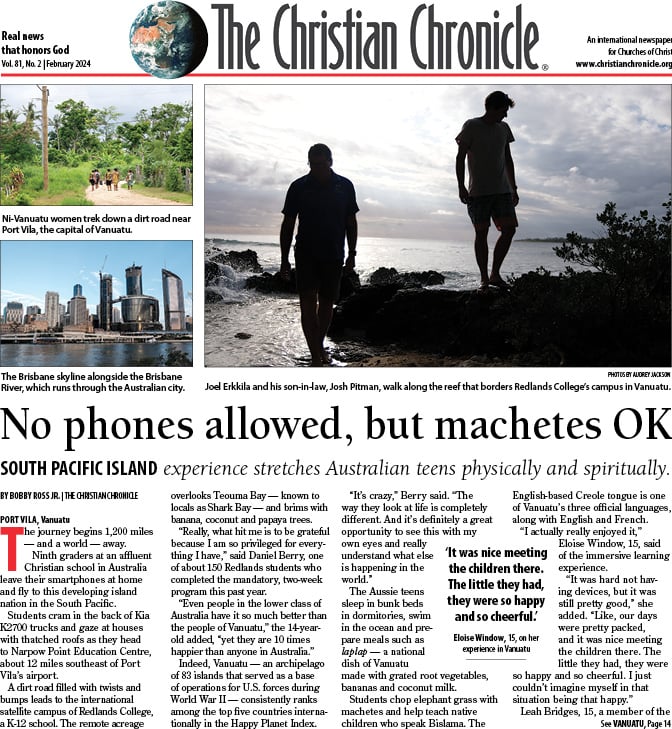Dallas Willard was perhaps the single most important Protestant voice of the past quarter-century in the area of spiritual formation.
 In Print | Randy Harris
In Print | Randy Harris
The book basically is the transcriptions of a conference from 2013 where Willard and California minister and author John Ortberg gave presentations. Each of the seven chapters consists of the lectures (four by Willard, three by Ortberg), a question-and-answer session with Ortberg asking questions of Willard, and a discussion guide, which is intended to be used with the actual videos of the presentations (which I have not reviewed).
So, what of this book?
 Dallas Willard. Living in Christ’s Presence. Downers Grove, Ill.: InterVarsity Press, 2014. 191 pages. $20.
Dallas Willard. Living in Christ’s Presence. Downers Grove, Ill.: InterVarsity Press, 2014. 191 pages. $20.
Let’s get this out of the way early. The book is a mess that is in desperate need of deeper editing. In simply transcribing the speeches, some sentences just do not make sense, even after several readings. There is no tight flow of ideas that you would expect out of well-written essays, but then these are not essays — they are speeches and question-and-answer sessions.
I have little doubt that some readers who have read Willard’s others books will be howling in frustration at times trying to follow this one.
And yet …
What if I told you I really like the book? Indeed, as I looked past the flawed presentation and listened carefully, I could hear this old Christian sage in his distinct voice, saying all the things that have been most important to him as he nears death.
So, what are those things he had to say, as we lean in to listen to his final words?
First, it is possible to have knowledge of Christ. That’s right — not just faith, but knowledge. For Willard, this is not so much classical apologetics as much as it is the knowledge that comes from actually following Jesus. We learn the truth by doing what Jesus teaches us.
Second, Christian formation is not behavior modification, but the transformation of all of our parts (mind, body, will, emotions and desires) by God’s gracious actions. Only God can remake our deepest desires.
Part of this remaking requires us to ask ourselves the question “What is bothering you?” and then answer it honestly. Only when we identify our deepest brokenness can we identify which spiritual disciplines might make the space for God’s re-creative power, Willard says.
This work of spiritual formation must be done in community, Willard says. The whole Trinitarian doctrine of God is about self-giving to the other. Divisions in the body of Christ are an affront to Trinitarian life as is selfishness of every kind, according to Willard.
This leads to one of the central contentions of Willard’s life work — that right theology is always secondary to discipleship.
There are things with which I might want to take issue in Willard’s ideas: the relationship between knowledge and faith and to what degree knowledge is possible.
However, I am still moved by Willard’s passionate plea to come to know God by actually following Jesus.
When I finished the book, I experienced a joy as deep and wide as the love of God in Christ. How many books can you say that about?
Thanks, Dallas Willard, for a life well lived.
RANDY HARRIS is Spiritual Director of the College of Biblical Studies at Abilene Christian University in Texas and teaches in the department of Bible, Missions and Ministry. He is a senior fellow at the Institute of Christian Spirituality at Lipscomb University in Nashville, Tenn., and certified as a Spiritual Director by the Shalem Institute.
 In Print | Randy Harris
In Print | Randy Harris  Dallas Willard. Living in Christ’s Presence. Downers Grove, Ill.: InterVarsity Press, 2014. 191 pages. $20.
Dallas Willard. Living in Christ’s Presence. Downers Grove, Ill.: InterVarsity Press, 2014. 191 pages. $20.
